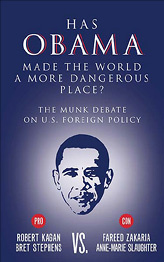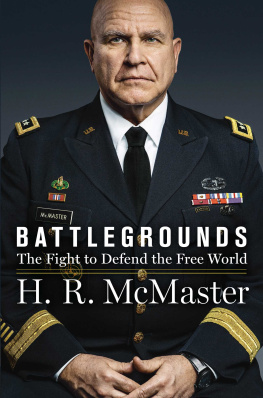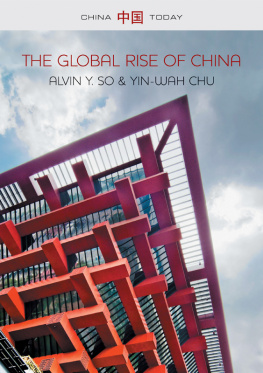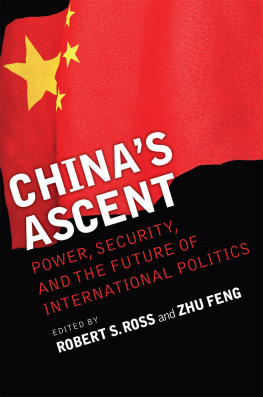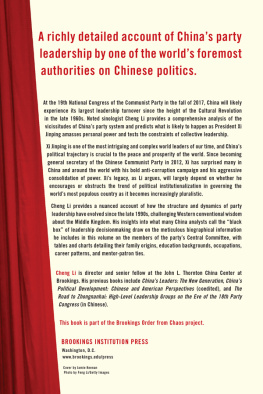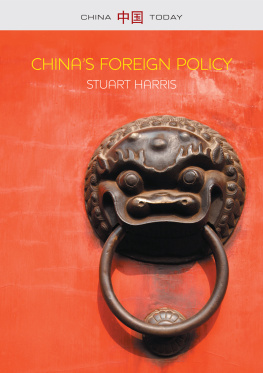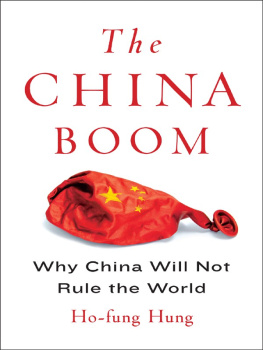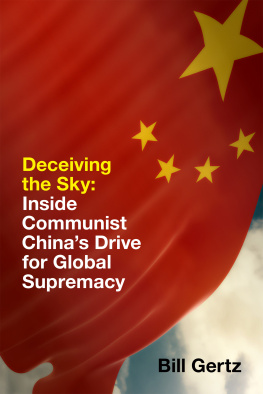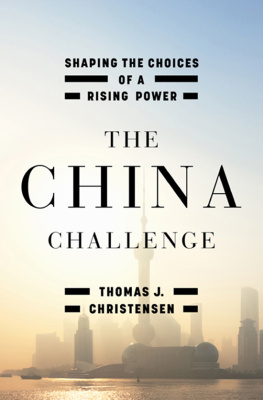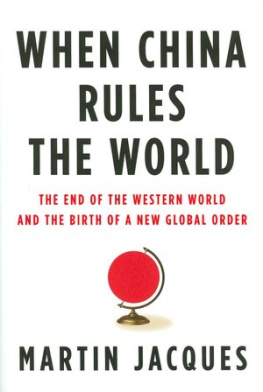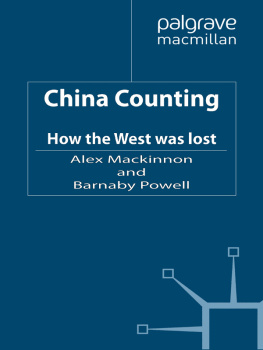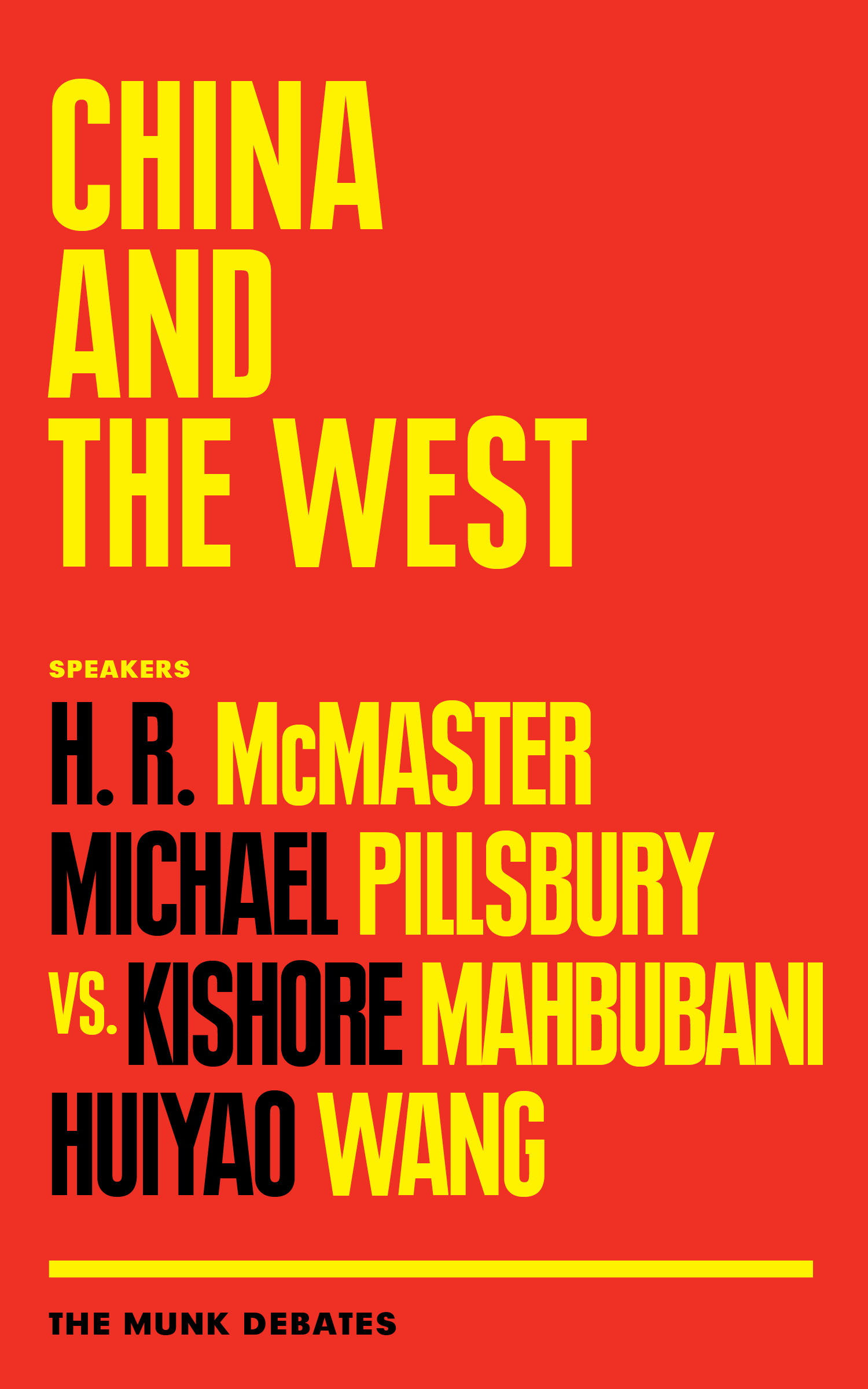A Letter from Peter Munk
Since we started the Munk Debates, my wife, Melanie, and I have been deeply gratified at how quickly they have captured the publics imagination. From the time of our first event in May 2008, we have hosted what I believe are some of the most exciting public policy debates in Canada and internationally. Global in focus, the Munk Debates have tackled a range of issues, such as humanitarian intervention, the effectiveness of foreign aid, the threat of global warming, religions impact on geopolitics, the rise of China, and the decline of Europe. These compelling topics have served as intellectual and ethical grist for some of the worlds most important thinkers and doers, from Henry Kissinger to Tony Blair, Christopher Hitchens to Paul Krugman, Peter Mandelson to Fareed Zakaria.
The issues raised at the Munk Debates have not only fostered public awareness, but they have also helped many of us become more involved and, therefore, less intimidated by the concept of globalization. It is so easy to be inward-looking. It is so easy to be xenophobic. It is so easy to be nationalistic. It is hard to go into the unknown. Globalization, for many people, is an abstract concept at best. The purpose of this debate series is to help people feel more familiar with our fast-changing world and more comfortable participating in the universal dialogue about the issues and events that will shape our collective future.
I dont need to tell you that there are many, many burning issues. Global warming, the plight of extreme poverty, genocide, our shaky financial order: these are just a few of the critical issues that matter to people. And it seems to me, and to my foundation board members, that the quality of the public dialogue on these critical issues diminishes in direct proportion to the salience and number of these issues clamouring for our attention. By trying to highlight the most important issues at crucial moments in the global conversation, these debates not only profile the ideas and opinions of some of the worlds brightest thinkers, but they also crystallize public passion and knowledge, helping to tackle some of the challenges confronting humankind.
I have learned in life and Im sure many of you will share this view that challenges bring out the best in us. I hope youll agree that the participants in these debates challenge not only each other but also each of us to think clearly and logically about important problems facing our world.
Peter Munk (19272018)
Founder, Aurea Foundation
Toronto, Ontario
Copyright 2019 Aurea Foundation
H. R. McMaster, Michael Pillsbury, Kishore Mahbubani, and Huiyao Wang in Conversation by Rudyard Griffiths. Copyright 2019 Aurea Foundation
Published in Canada in 2019 and the USA in 2019 by House of Anansi Press Inc
www.houseofanansi.com
All rights reserved. No part of this publication may be reproduced or transmitted in any form or by any means, electronic or mechanical, including photocopying, recording, or any information storage and retrieval system, without permission in writing from the publisher.
Library and Archives Canada Cataloguing in Publication
Title: China and the West : McMaster and Pillsbury vs. Mahbubani and Wang : the Munk debates / edited by Rudyard Griffiths.
Names: McMaster, H. R., 1962- panelist. | Pillsbury, Michael, panelist. | Mahbubani, Kishore, panelist. | Wang, Huiyao, panelist. | Griffiths, Rudyard, editor.
Series: Munk debates.
Description: Series statement: Munk debates
Identifiers: Canadiana (print) 20190137568 | Canadiana (ebook) 20190137673 | ISBN 9781487007188 (softcover) | ISBN 9781487007195 (EPUB) | ISBN 9781487007201 (Kindle)
Subjects: LCSH: ChinaForeign relationsWestern countries. | LCSH: Western countriesForeign relationsChina. | LCSH: ChinaForeign economic relationsWestern countries. | LCSH: ChinaCivilization. | LCSH: ChinaEconomic conditions. | LCSH: ChinaPolitics and government.
Classification: LCC HF1604.Z4 W47 2019 | DDC 337.510182/1dc23
Cover design: Alysia Shewchuk
Transcription: Transcript Heroes

We acknowledge for their financial support ofour publishing program the Canada Council for the Arts, the Ontario Arts Council, and the Government of Canada.
Contents
Pre-Debate Interviews with Moderator Rudyard Griffiths
H. R. McMaster in Conversation with Rudyard Griffiths
RUDYARD GRIFFITHS: General McMaster, thank you for coming to Toronto to be part of this debate. Were really looking forward to your words tonight.
H. R. MCMASTER: Thanks, Rudyard. Its a real privilege to be here. Im looking forward to it.
RUDYARD GRIFFITHS: Its a privilege to host you. Lets jump right in here and talk a little bit about your overall view of China and its role in the world today. Its interesting that you see this conflict as not necessarily just about economics; you think that theres almost an existential dimension to it, that its a conflict between the democratic world order and a very powerful rising regime that has, in your view, authoritarian characteristics. Explain that for us.
H. R. MCMASTER: I wouldnt say its an existential conflict. I think its a competition; its a competition with the Chinese Communist Party and the policies of that party that aim to stifle any kind of freedom and individual rights within their own society, but also to export that model to other countries in an effort to challenge the international system as it exists and replace it with a new order thats sympathetic to Chinese interests, with China, as President Xi has said, at the centre. In many ways, this is an attempt, I think, to re-establish the tributary system in Chinese dynastic history, in which countries that sign up can enjoy free trade as long as they are in a servile relationship with China. So, I think China poses a significant threat to our free and open societies.
RUDYARD GRIFFITHS: Now, youre going to hear an argument at this debate about who is the biggest beneficiary of the liberal international order, at least over the last several decades. Surely thats China. So why would China threaten a global system that has been so favourable to them in terms of their economic indicators, in terms of the health of the society that theyve created?
H. R. MCMASTER: Right. Its important to remember that the Cultural Revolution that Mao used to purge the party really destroyed the Chinese economy. Their economy in the 1980s was a basket case. So, it was really the West, the international order, welcoming China in that helped them have a tremendously successful period of economic growth, lifting 800 million people out of poverty. And the way China did that was to reform. So, there were reasons to be optimistic in the postCold War period that China, having been welcomed into the order, would continue to liberalize its economy, and, as it prospered, China would play by the rules and then ultimately liberalize its political system as well.
Well, whats happened is that those economic reforms stalled under Hu Jintao, and they completely went into reverse under Xi Jinping. Last year, 2018, was the first year in which the Chinese private sector did not grow, and it was the first time that the percentage of the Chinese economy that is state-driven grew relative to the private economy. This is because what Xi Jinping is endeavouring to do more than any other objective is tighten the partys exclusive grip on power. And the party sees these structural aspects of the state-driven authoritarian capitalist model as essential to maintaining its grip on power.

